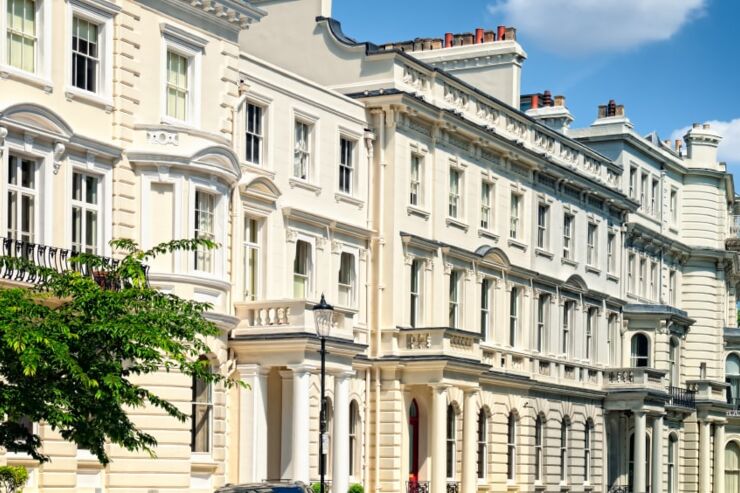At this time of the year, the thoughts of millions of people turn to their New Year’s resolutions. And, it’s perhaps no surprise that the most popular resolutions this January relate to people’s financial arrangements; save money, explore mortgage repayments etc.
A survey from a leading voucher website has found that the most popular New Year’s resolution for 2014 was to save more money, with almost a third of people pledging to do this. And, for almost a quarter of people, getting out of debt was their main New Year priority.
Your mortgage is probably your biggest financial commitment and so 2014 should be the year when you start arranging your mortgage repayments by overpaying and reduce your debt.
Overpaying on your large mortgage can slash your interest bill by thousands
Millions of mortgage holders have benefited from record low interest rates over recent years. The Bank of England base rate has been held at 0.5 percent since March 2009 but many experts believe it is set to rise in the next 18 months and with it will come mortgage repayment rises for millions of homeowners.
Islay Robinson, CEO of London mortgage broker and high value mortgage expert Enness Private Clients says: “If you have other debts then paying these back first is likely to be beneficial. Personal loans and credit cards typically carry higher interest rates than mortgages and so it makes sense to pay these back first – especially if your mortgage is on a low interest rate.
“However, if your choice is between putting money into an ISA, increasing payments into your pension or reducing your large mortgage balance, then the maths nearly always favours cutting your mortgage first.”
Figures printed in the Guardian show that overpaying your mortgage – even by a small amount – can significantly reduce the interest you pay. For example, on a 25-year £150,000 mortgage with an interest rate of 3.5 percent, if you were to overpay by £250 a month you would save nearly £28,000 in interest and pay off the mortgage eight years and six months earlier.
Even if you can afford only a small extra overpayment, it can still be extremely beneficial to direct this to your high value mortgage.
If you overpay by just £50 a month on the same £150,000 mortgage, it knocks £7,843 off your total interest cost and two years and four months off your loan term.
If you compare that with what you would earn in a savings account, with current ‘best buy’ interest rates little more than 2 percent and taxable at your marginal rate, it is the obvious decision to make. To match the 3.5 percent interest on the mortgage, a higher rate taxpayer would need to find a savings account paying nearly 6 percent interest – and there are none around.
Beware of early repayment charges
“The only caveat to regularly overpaying is if you’re on a fixed or variable deal with early repayment charges,” warns Mr Robinson, the high net worth mortgage broker.
“Most lenders will let you pay up to 10 percent of your outstanding balance each year without penalty, but always check that you’re not going to be penalised by your lender if you’re planning to overpay.”





